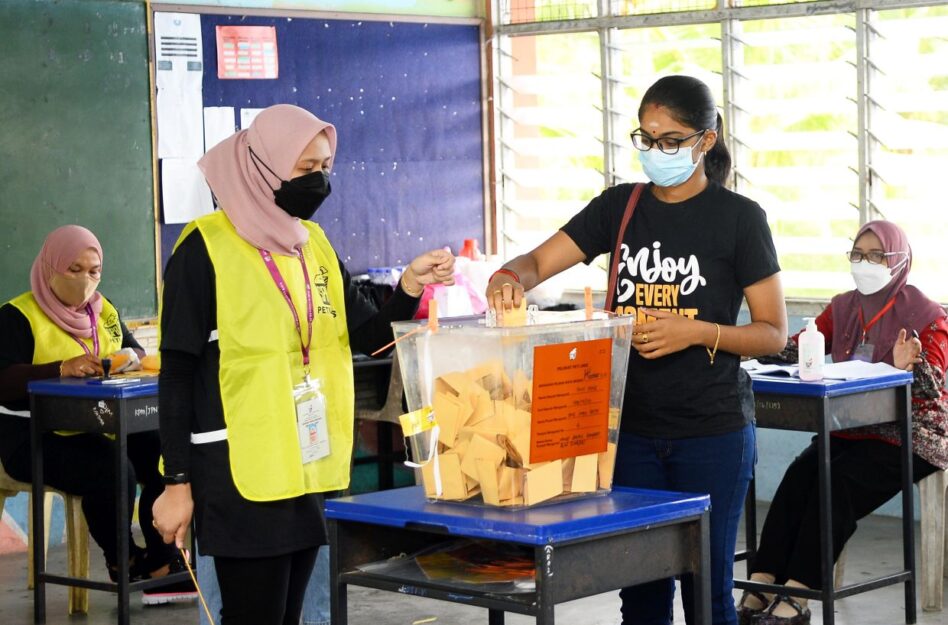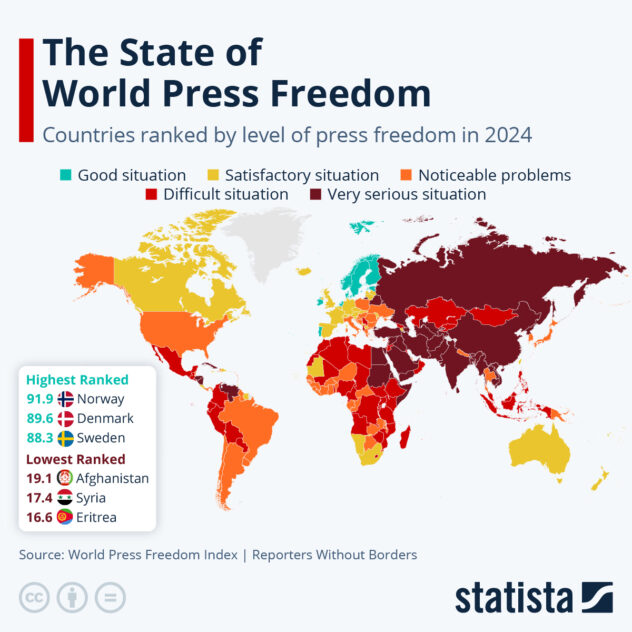AFFIN Hwang Capital opined that the FBM KLCI has not yet hit rock bottom, forecasting the index to drop to 1,200 at the end of the year alongside a higher market risk premium, as a result of global events weighing down the global economy.
“Domestically, the KLCI has lost 15.4% year to-date, but we think there may be further downside as valuations still look too optimistic, while the sharper correction in regional markets further accentuates the KLCI’s valuation premium,” said the research house, adding that this is a 27.84% correction from the KLCI’s recent high of 1,863.46 in 2018.
This could be attributed to several reasons, including disappointing corporate earnings growth, uncompelling valuations, the recent change in government, along with the global Covid-19 outbreak and the oil price crisis, which just add to the pain.
This led to Affin Hwang cutting its KLCI earnings per share growth forecast to -4.7% to reflect the cut in gross domestic product (GDP) growth to 3.3% from 4%, cautioning further downsides should the Covid-19 pandemic drag on.
“Our economics team is currently forecasting 1Q20 GDP growth to decelerate to 2.5% from 3.6% in 4Q19, and believe that this could be the precursor for a further de-rating of the market. Any further selldown in global equity markets, as it digests a global slowdown, will likely compound this problem,” said Affin Hwang.
The heightened equity market risk premium was due to the global Covid-19 pandemic, with the oil price crisis a more recent cause.
Affin Hwang believed that the fears over a global economic slowdown have started to sink in, as global equity markets start to ponder the impact of production supply disruptions, lost man-hours, and weaker consumption spending, especially since the virus has now been classified a pandemic by the World Health Organisation (WHO).
Affin Hwang also suspects that the downward revision of the FBM KLCI’s corporate earnings growth to -4.7% “may still prove too conservative,” and cautions that there could be further downside risks to earnings should Covid-19 be prolonged.
“As such, at current KLCI price-to-earnings valuations, market expectations are potentially still too optimistic and we think there is likely further downside for the KLCI should there be a further selldown in global equity markets. The sharper corrections in regional and global
markets are also making the KLCI look relatively unattractive,” adds Affin Hwang.
This also led to the research house’s defensive stance in the healthcare, MREITs, and glove sectors, while moving away from cyclicals. This meant a downgrade of the plantation, oil and gas, financial, gaming, utilities, building materials, EMS, and transport and logistics sectors.
However, high-dividend plays tend to be more resilient during a downturn, according to Affin Hwang. It favoured YTL Power, Uchi Tech, and Taliworks as these stocks offer dividend yields that are sustainable and compelling, ranging from 7.3% to 8.4%.
Affin Hwang forecasts the FBM KLCI to end 2020 as low as 1,200 from a previous 1,540, with a worst-case bear scenario seeing the index falling to the 962 levels. This is based on the revised earnings estimates and a lower target price-to-earnings ratio (PER) multiple of 14 times from 17 times previously to reflect the higher risk premium for the market,
The FBM KLCI ended the day at 1,280.63, down 64.12 points or 4.77%. – March 16, 2020










